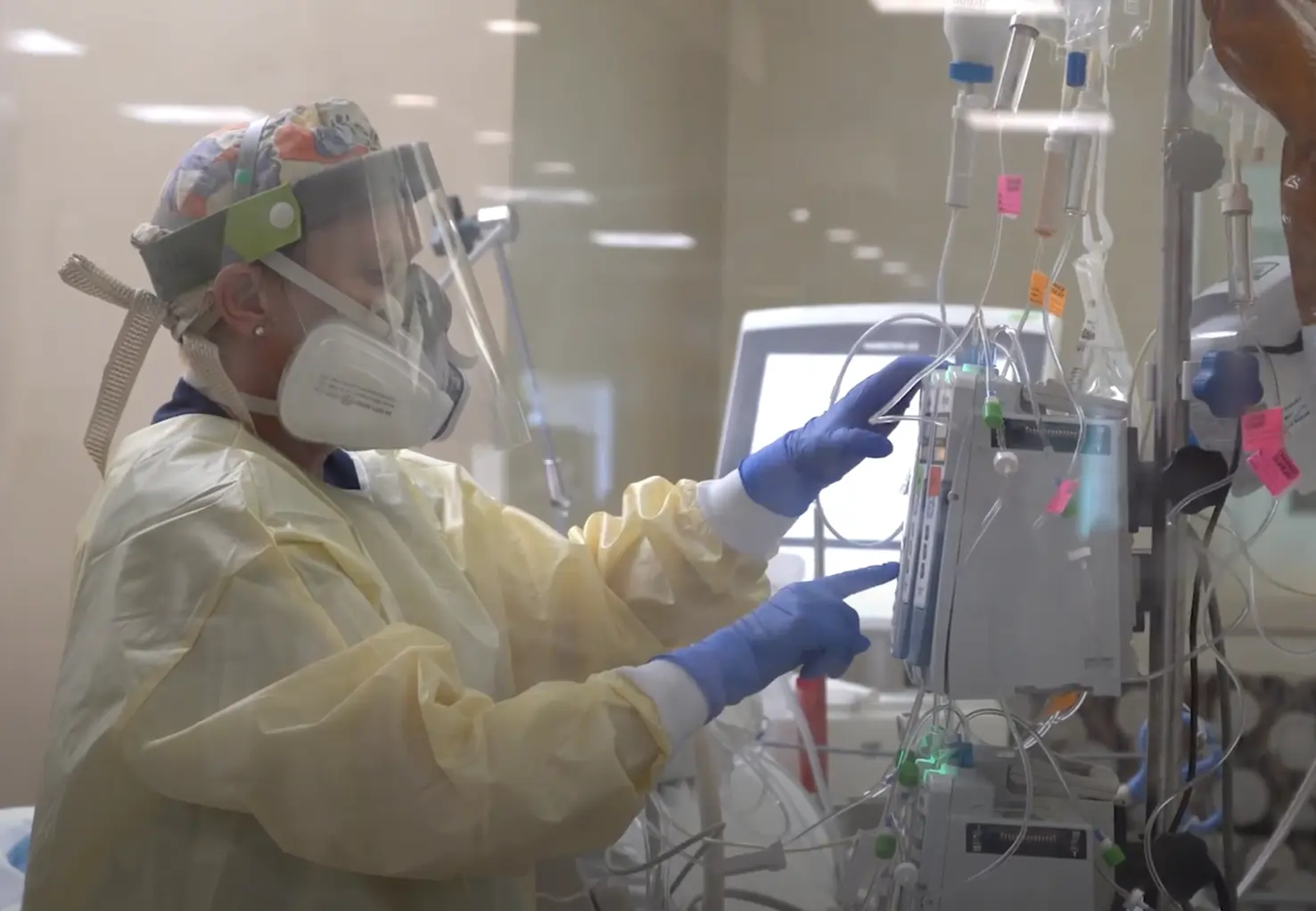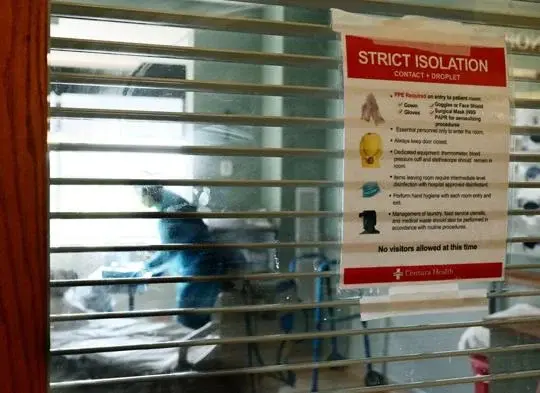Your Use Of This Site Is Subject To These Terms Of Use. Do Not Use This Site If You Do Not Agree To These Terms Of Use.
Your Use Of This Site Is Subject To These Terms Of Use. Do Not Use This Site If You Do Not Agree To These Terms Of Use.

As the Chief Nursing Officer for Denver Health, Kathy Boyle has read far too many internal reports of violence against health care workers.
One patient picked up a heart monitor and threw it at a health care provider.
Another backhanded a health care worker who was adjusting the patient's IV.
Nearly 75% Colorado smokers want to quit, survey findsAnd still another lashed out with racial slurs at health care workers doing their rounds. “I would be shocked if it wasn’t in every hospital,” Boyle said.
A newly released trends report by the Colorado Hospital Association (CHA) indicates violence against health care workers is on the rise.
The statistics are sobering. Every thirty minutes in the U.S. a nurse is assaulted. Health care workers are five times more likely to be injured as a result of workplace violence. Nearly half of nurses — according to a National Nurses United survey — report increased workplace violence. That represents a 119% surge since 2021.
Joshua Ewing, CHA vice president of government affairs, finds it outrageous that health care workers — the heralded heroes of the COVID-19 pandemic who have dedicated their lives to caring for the ill — are treated so poorly. “It’s just wrong,” Ewing said.
The association represents more than 100 member hospitals and health systems in Colorado. Inaction, Ewing added, is not an option. The reason for the increased violence?
Estimated 325,000 Coloradans will lose Medicaid with end of COVID-19 public health emergencyEwing and local hospital officials blame — in part — the politicization of COVID-19 and the sentiments around public health measures, such as masking, vaccines and the shutdowns meant to curb the spread of the disease. “The problem is we’re not seeing the increase, decrease now,” Ewing said. “We’re still seeing assaults.”
CHA doesn’t yet have any hard data on the issue but is working to quantify the problem, Ewing said.
With estimates showing Colorado has lost between 20% and 30% of its health care workforce since the start of the pandemic, Ewing worries about recruitment and retention.
The state is already experiencing a staffing shortage.
Colorado right now is short about 5,000 nurses to meet the state’s population.
Colorado ranks No. 5 in US for childhood COVID-19, flu vaccinationsThe trend is only expected to worsen as Colorado is expected to face a shortfall of 10,000 nurses and
54,000 health care auxiliary staff by 2026, according to CHA data.
“This further stretches the existing workforce,” Ewing said of violence against health care workers.
Ewing added, “What it comes down to is, we all, as Coloradans, have a right to have a safe place to
seek care and our health care workers have a right to a safe place to deliver it.”
Click here, to read the full report. MORE INFORMATION Denver health officials to conduct tuberculosis testing after exposure at high school
Denver health officials to conduct tuberculosis testing after exposure at high school